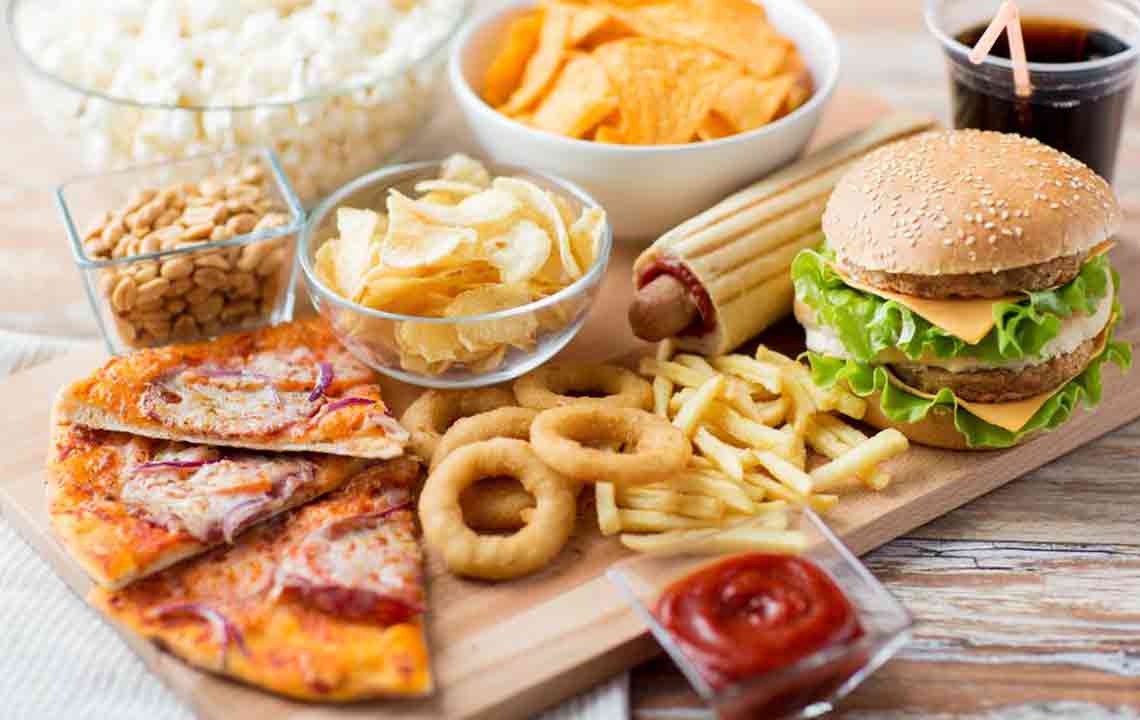Effective Strategies to Relieve Excessive Gas and Bloating
Discover practical methods to alleviate gas and bloating through diet changes, eating habits, and lifestyle tips. Learn which foods to avoid and beneficial practices to promote better digestion. Simple adjustments can significantly reduce discomfort and improve overall digestive health.
Sponsored

Experiencing frequent belching, uncomfortable bloating, or passing gas in social settings can be embarrassing. While common, these symptoms can signal underlying digestive issues that need attention. Normal amounts of intestinal gas are typical, but when it becomes persistent, it can cause significant discomfort. Fortunately, simple lifestyle modifications and dietary adjustments can help alleviate these symptoms and improve digestive comfort.
Gas buildup results from various factors, including food choices and swallowing air, leading to bloating and flatulence. Understanding these causes can assist in managing the condition effectively.
The primary contributors to intestinal gas include digestion of certain foods and air swallowed during eating or habits. Usually, burps expel swallowed air, with residual gas absorbed or released through the rectum. Gas predominantly results from bacteria breaking down food in the intestines, influenced by diet choices. Here are helpful tips to reduce and manage gas and bloating effectively.
Minimize Air Swallowing
It’s impossible to eliminate air swallowing altogether, but conscious efforts can reduce it. Eating slowly, avoiding chewing gum and hard candies, and quitting smoking can significantly decrease swallowed air, reducing bloating.
Monitor Your Food Intake
Be cautious with foods known to produce excessive gas during digestion. Common culprits include:
Dairy: Many struggle with lactose intolerance; try plant-based alternatives like soy or almond milk.
Legumes: Beans contain raffinose, a sugar tough to digest, which causes gas. Soaking beans overnight can lessen this effect.
Whole Grains: Wheat, oats, and similar grains contain raffinose and fermentable fibers that generate gas. Choosing rice as a grain alternative can help.
Vegetables: Some vegetables such as cabbage, onions, broccoli, and Brussels sprouts are gas-producing. Limiting their intake may alleviate symptoms.
Fruits: Certain fruits like apples, apricots, and pears contain sorbitol, a sugar alcohol that can cause bloating. Alternatives like bananas, berries, and oranges are gentler on the stomach.
Carbonated Drinks: Sodas introduce excess air into the digestive system, causing burping and gas. Opt for non-carbonated beverages like herbal teas or water.
Processed Foods and Sweeteners: Packaged snacks and cereal often contain sugars or artificial sweeteners like sorbitol, which can increase gas production.
Additional Tips for Relief
Including probiotics in your diet can promote a healthy gut flora, reducing gas and bloating. These beneficial bacteria are found in fermented foods and supplements, helping improve digestion and minimize excessive gas formation.
While passing gas and occasional bloating are normal, adopting mindful eating habits and selecting friendly foods can significantly ease discomfort. Implementing these strategies can lead to a happier, more comfortable digestive experience.






